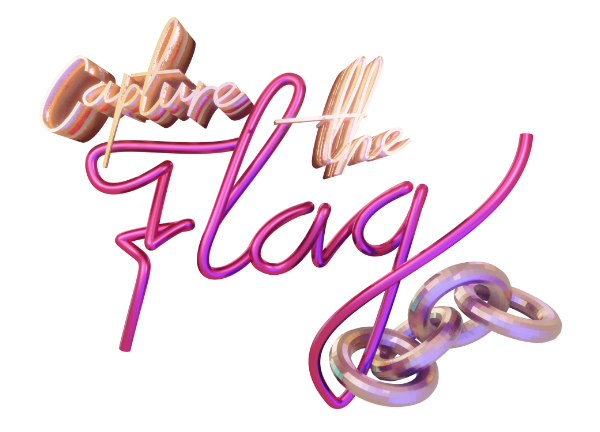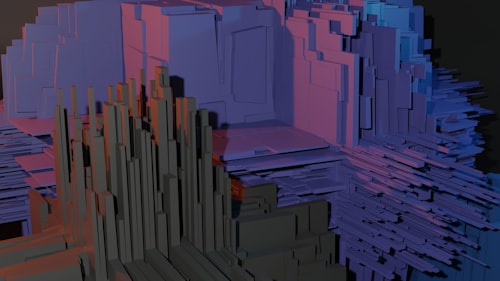Crypto Cities
My 2021 article "Charter & Free Private Cities: A Beginner's Guide, Prospéra" was perchance the closest approximation to a crypto city because investors in Próspera's premier charter city would be able to acquire fractional ownership of real estate in the form of a digital asset - a security token. On top of owning traditional book-entry security, investors can choose to receive security tokens that represent their shares in the company. (If you are interested in a very deep insight into Prospéra, I recommend you to read: Prospectus on Prospéra" by Astral Codex Ten)


Nevertheless, ideas around blockchain solutions and digital (and/or crypto) currencies have arrived in more traditional sectors and governments around the world in 2021.
Miami, New York, and CityCoins
Miami, for instance, is offering its residents a Bitcoin dividend. This is obtained through a return on the use of the city's MiamiCoin (MIA) and is paid directly to residents who connect a wallet, register for the dividend, and go through a verification process.
MiamiCoin leverages the Stacks (a layer-1 blockchain network), which allows for smart contracts on the Bitcoin blockchain. At its heart is CityCoins, which allows its users to donate crypto funds to their hometown or even support other cities in exchange for rewards. In fact, anyone can participate in MiamiCoin either by mining, forwarding STX tokens into the smart contract in a specific stacks block, or by simply stacking their MiamiCoin.
According to CityCoins this holds several advantages for its actors:
- A new fundraising method for the city, directly supported by the community + investors
- Take pride in your city as it becomes well funded
- A fundamental shift from municipal debt → municipal activity
- A more positive sum relationship than creating debt & taxing citizens
— CityCoins Launch: Earn BTC while supporting your favorite city
(YouTube)
On November 5, New York City (NYC) Mayor Eric Adams also announced plans to issue a city-owned cryptocurrency for its citizens based on City Coins principles.
On January 20, 2022, Adams received his first paycheck, which was automatically converted to cryptocurrency (both ETH and BTC).
In New York we always go big, so I’m going to take my first THREE paychecks in Bitcoin when I become mayor. NYC is going to be the center of the cryptocurrency industry and other fast-growing, innovative industries! Just wait!
— Eric Adams (@ericadamsfornyc) November 4, 2021
This gives contributors (either citizens or anyone else who "invests") the opportunity to provide new incentives to the city itself and its functioning. High performance leads to active monetary support and return on investment for participants, while low performance may even lead to a transfer and stacking of coins to another city. In the end, it promotes direct action.
In addition, all transactions are processed through the chain, resulting in unprecedented real-time visibility into city spending.
An update on On- & Off-Chain Governance
In the June 2021 article "On- & Off-Chain Governance," I took a closer look at how regulatory changes affect a Wyoming LLC/Series LLC (off-chain) and OtoCo, Ricardian (on-chain). (see article)
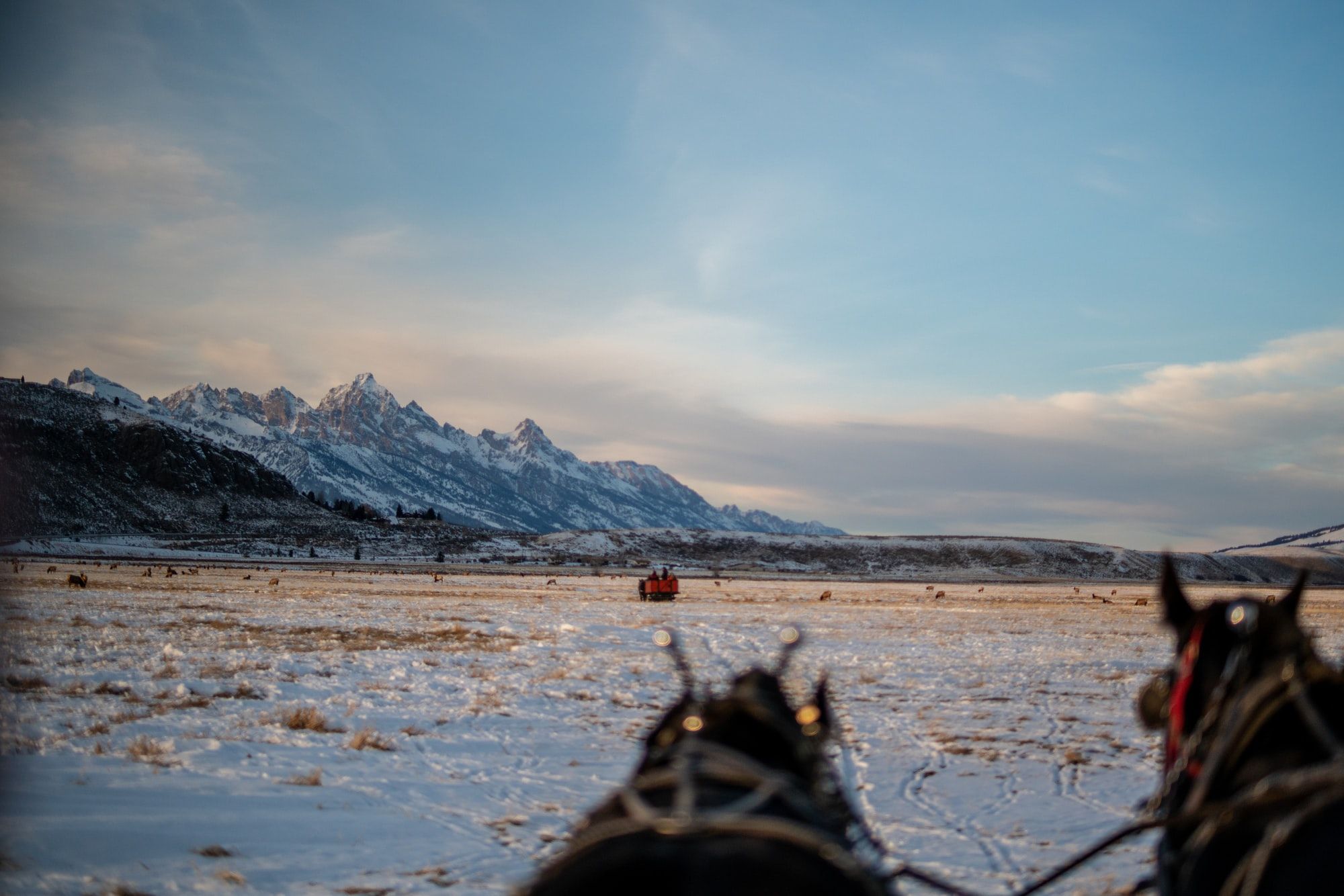
As LLCs are hybrid entities that combine the characteristics of a corporation with those of a partnership or sole proprietorship. Whereas DAOs are based on online collectives of like-minded equity investors relying on smart-contract technology to make collective decisions.
Bringing these together is, by its very nature, no easy task, as the "headquarters in one state" could be in stark contrast to the principles of a DAO itself. Being set up in a decentralized structure as far as possible. Moreover, if the LLC statute is in fact the best solution for a DAO, the uncertainties surrounding possible lawsuits against general partnerships may prove to be true in the long run. However, one benefit that Wyoming DAOs are going to receive is a form of liability protection shielding members against lawsuits and recognizing the community itself as a legal entity. (for a more in-depth perspective, I encourage you to take a closer look at the following article: Wyoming Built a Home for DAOs—Why They Won’t Come)
CityDAO
In July 2021, the State of Wyoming passed a law that legally recognizes DAOs, provided they are registered as a business in the state.
CityDAO is the first DAOs to actually own physical land (namely 40 acres or approximately 161,874 m²) and aspire to be a city collectively governed by a blockchain in the state of Wyoming. As the name probably implies, it is built on the very DAO structure that the state of Wyoming is enabling in the first place.
The DAO affords citizenship ownership through the purchase of an "NFT Land", which represents ownership of physical land. Anyone could purchase this for 0.25 ETH and it includes access to quadratic voting and exclusive access to their Discord channel.
It is also interesting that the DAO was formed in a similar way as, for example, PleasrDAO - by a tweet. Even if they (e.g. still label themself an "experiment" – exactly that experiment hired their first "real human" employee through quadratic voting, then simply providing benefits usually provided by a corporation. Since it is a DAO, the city can probably manage itself and the organization does not have a leader. As I mentioned earlier, members can vote or propose ideas. Simply put, it is a decentralized and open government.
On December 20th, 2021 CityDAO shared they have achieved 10,051 Citizen NFTs, a core team of 10 members, 8 multisig key holders with 4 of 8 required approvals. One of its Citizen NFT holders Vitalik Buterin himself.
Just as there are sometimes downsides, there was a downside to CityDAO in late 2021. One of the Discord channel CityDAO moderators was compromised. This resulted in Discord server booster roles being used and core team roles being assigned to other imposter IDs and also webhooks being used. This was in turn used to post announcements with malicious links to mint NFTs. The attack resulted in proceeds for the scammers of 29.67 ETH.
Historic perspective: New Babylon
From a historic perspective, those approaches are probably not as new as we believe. Designed by Constant Nieuwenhuys from 1956 to 1974 the idea of an anti-capitalist arose. The artist also known by the name "Constant" drew and painted, made collages and lithographs, designed experimental maps, and built maquettes of this vision in a speculative city called New Babylon.
With New Babylon, "Constant" created a vision of a worldwide network of interconnected cities of the future. Land is collectively owned and work is fully automated. The need to work is replaced by a nomadic lifestyle of imaginative play and a utilitarian society. Clearly, his vision is inhabited by a homo ludens (cf. Johann Huizinga in a book of that title: "A Study of the Element of Play in Culture.") who, liberated from work, no longer needs art because it allows them to be creative in their daily lives.
As a foundation this is built upon three basic principles:
- The automation of all "useful", repetitive activities releases energy on the mass level, which from now on can be directed to other activities.
- The collective ownership of land and the means of production, as well as the rationalization of the production of consumer goods, facilitate the transformation of this energy into creative activity.
- With the disappearance of productive labor, collective timekeeping no longer has a raison d'être; the masses, on the other hand, will have a considerable amount of free time.
In Constant's own words:
New Babylon offers only minimal conditions for a behaviour that should remain as free as possible. Every limitation of movement, of the creation of mood and atmosphere should be inhibited. Everything should remain possible, everything should be able to happen. The environment is created by the activities of life not the other way around.
— Constant

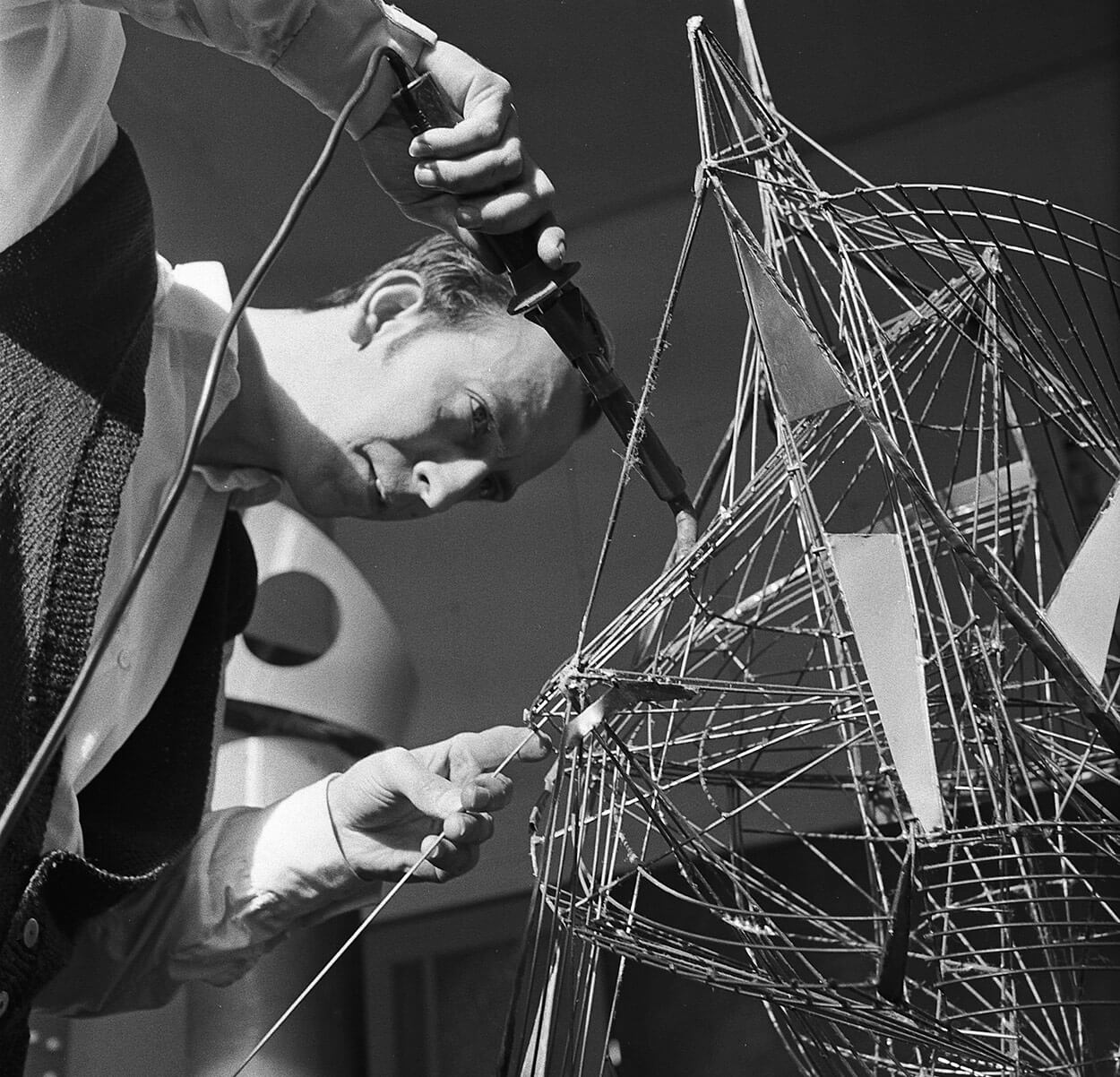
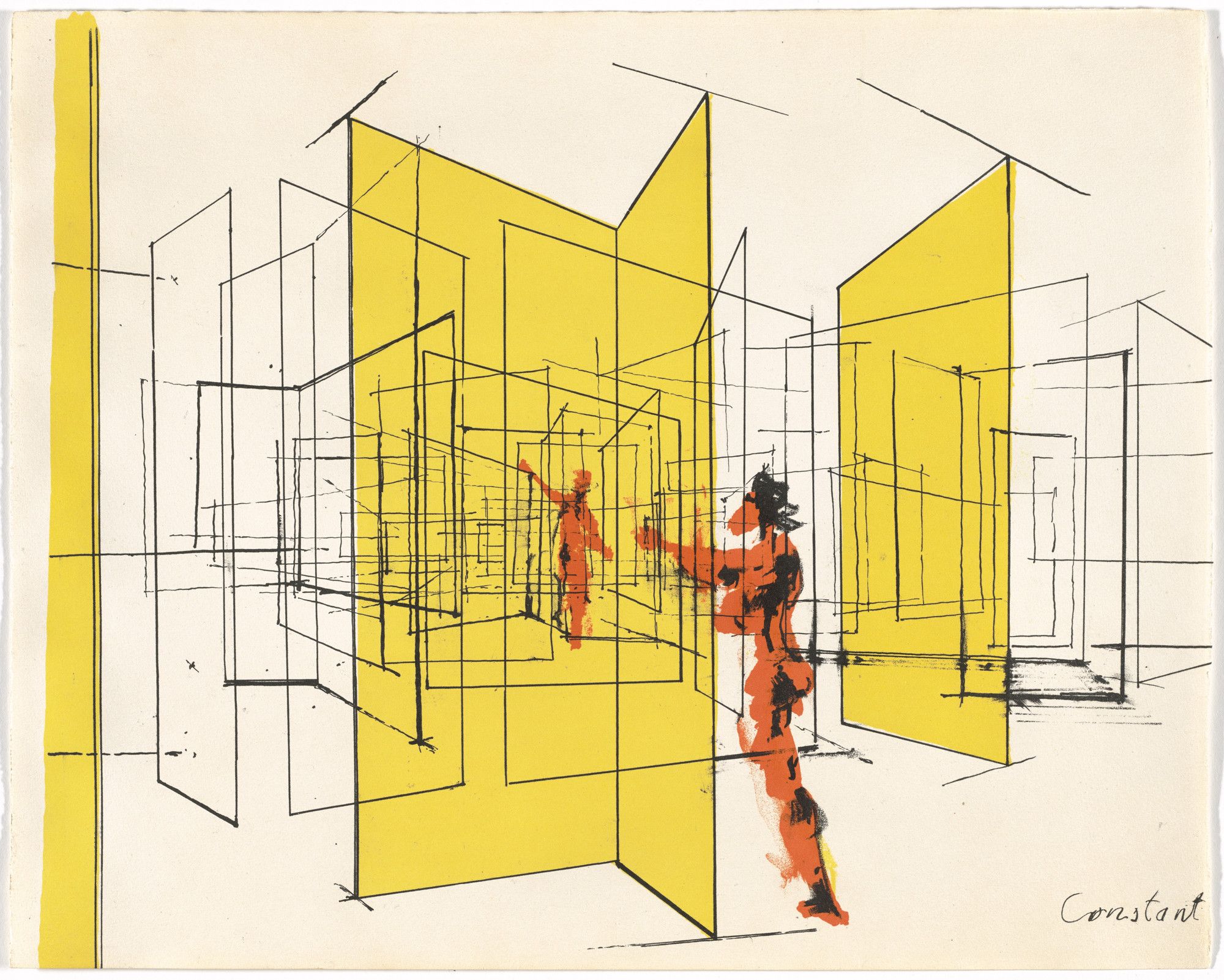
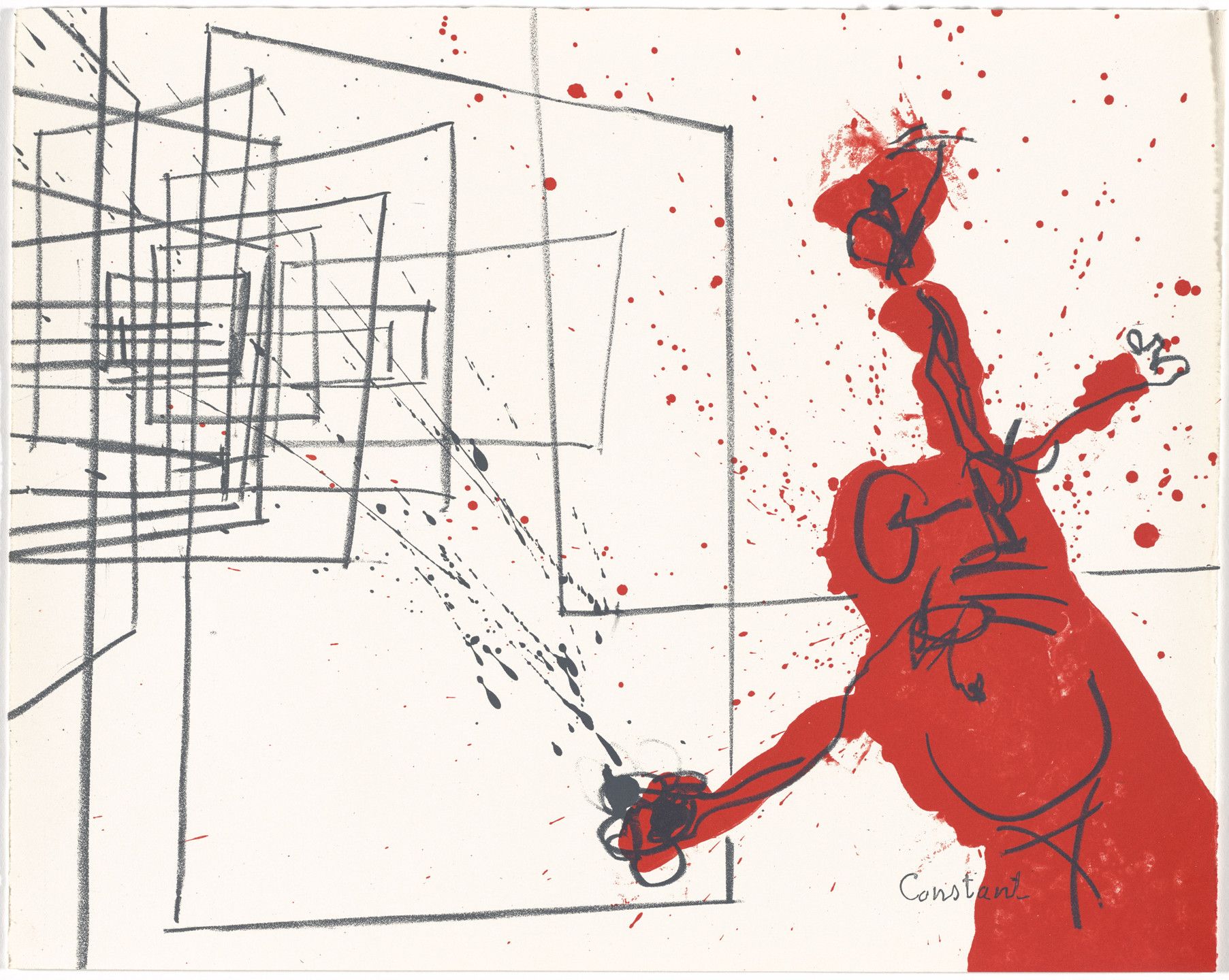
If you are interested to dive into more specifics, I recommend this wonderful article by NOT BORED!
Moreover, these intentions are still being put into action, and I need to take a closer look:
- Culdesac, Tempe, Arizona, USA
- Malacca, Malaysia
- Nkwashi, Zamibia, South Africa
- Seoul, South Korea; entering the Metaverse
- Telosa, Appalachia, USA
Co-operatives and DAOs
At the prelude, a cooperative is an autonomous association of persons who have voluntarily joined together to meet their common economic, social, and cultural needs and aspirations through a jointly-owned enterprise. Cooperatives are democratically owned by their members. An employee cooperative is a cooperative owned and managed by its employees.
In early 2021, I took a closer look at Tokenized co-operative societies & social tokens - how does that actually play into the current development of DAOs?

Again, the principles and the execution itself may not be so cutting-edge. For example, on December 21, 1844, the Rochdale Society of Equitable Pioneers was founded as the first cooperative society. Rochdale pioneered the creation of incentives and mechanisms to share profits.
And it is immediately more or less crystal clear that some of the principles listed by the International Co-operative Alliance are very close to what we see today also in the progress of DAOs. Especially when we talk about DAOs as a kind of ownerless organization.
- Voluntary and Open Membership
- Democratic Member Control
- Member Economic Participation
- Autonomy and Independence
- Education, Training, and Information
- Cooperation among Cooperatives
- Concern for Community
— Cooperative identity, values & principles
Nevertheless, in a cooperative, each member has one vote, or the vote is based on patronage, i.e. proportional to the number of contributions. However, there are no standards for DAOs, a DAO can choose any algorithm to determine the vote weighting (e.g. Token-based quorum voting, Holographic Consensus, Permissioned relative majority, and Conviction voting).
Of course, depending on whether it is a DAO that is not affiliated with a WY LLC, the liability may be different than for co-operatives, at least at this point. This is because, in the event of a dispute between a DAO and a third party, the state has no way to intervene and resolve the conflict.
Let me quote Austin Robey with this wonderful and simple summary table…
| CO-OPs | DAOs | |
|---|---|---|
| governance | one member, one vote | one token, one vote (mostly) |
| ownership | legal | proxy (range of financial & governance powers) |
| finances | bank account | smart-contract based treasury |
| org design | jurisdiction-based | flexible |
| law | fewer unknowns | more unknowns |
LCAs for DAO Co-operatives?
It has yet to be proven that WY DAOs, for example, are the right vehicle for a DAO. Especially with its proximity to cooperatives, there might be better options to go off-chain.
Colorado's cooperative laws, for example, are a more ideal solution, according to The Defiant. In particular, the Uniform Limited Cooperative Association Act (CULCAA).
DisCOs: Distributed Cooperative Organizations
Since we've already looked at the similarities between cooperatives and DAOs, there is another alternative form that deserves a closer examination, Distributed Cooperative Organizations (DisCOs for short). At its core, it is a set of structural frameworks, organizational tools, and practices for groups of people who want to work together in a cooperative, community-oriented, and feminist economic form. And ultimately, to benefit from the potential of distributed ledger technologies (DLT).
While DisCOs appreciate aspects around DAOs, they claim that these mostly have a primary focus on speculative assets and tokenization, while reproducing many of the power dynamics of the normative systems they seek to disrupt and decentralize. Moreover, one of the main drivers - technology - does not evolve on its own but is developed by people and companies with specific worldviews and intentions that underlie the goals of the code.
Therefore, DisCOs want to offer a countercultural alternative to harness the positive aspects of DAOs for radically different economic and social purposes.
This can be summarized in the DisCO DNA framework as follows…
| Commons/P2P | Open Coops | Open Value Accounting | Feminist Economics | |
|---|---|---|---|---|
| Disco DNA | Are self-organised systems stewarding resources to meet human needs while leveraging the power of networks | Combine Open Source and Commons Principles with the Cooperative and Social Solidarity movements | Enables value sovereignty by rewarding meaningful contributions to projects, rather than wage labour | Challenge normative economic abstractions while factoring reproductive and care work |
Further details are also set out in the initiative manifesto (PDF).
Final Thoughts
The last year has not only accelerated the possibilities regarding private cities, but with New York and Miami opening up to a token-led system, it has opened up alternatives that we have not seen recently. In addition, on/off chain solutions have initiated new types of entities in the first place through WY DAOs and a greater focus towards co-operatives with LCAs, DisCOs, etc. I eagerly await to observe how this unfolds over the upcoming months.
References
- CityCoins Launch: Earn BTC while supporting your favorite city, Patrick Stanley (Freehold CEO and CityCoins Community Lead)
- Próspera Leverages Securitize to Launch Additional $100 Million Capital Raise, Business Wire
- Distributed Cooperative Organizations, P2PF Wiki
- Build Your Distributed Cooperative Organization with the DisCO CAT, HackerNoon
The website and the information contained therein are not intended to be a source of advice or credit analysis with respect to the material presented, and the information and/or documents contained on this website do not constitute investment advice.
